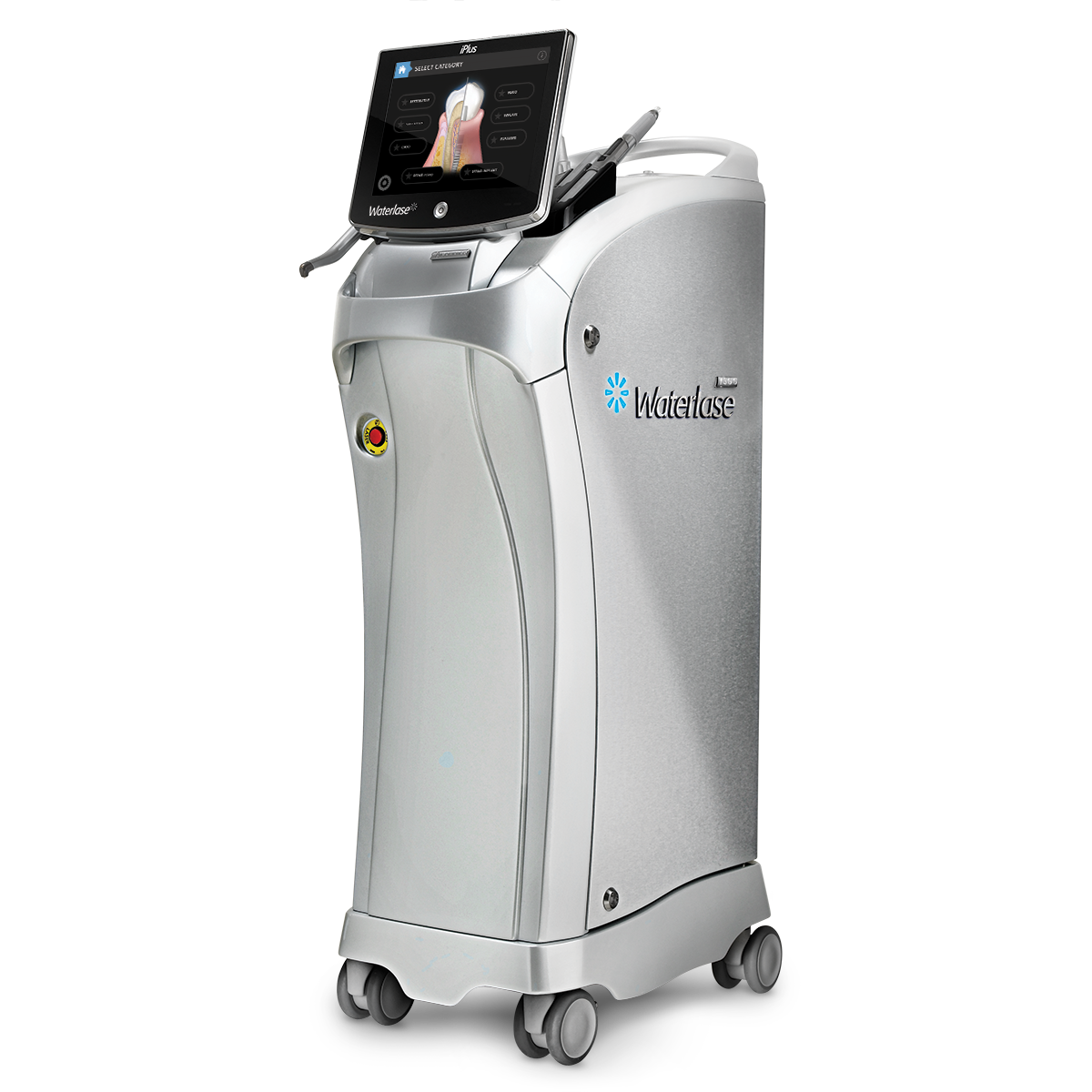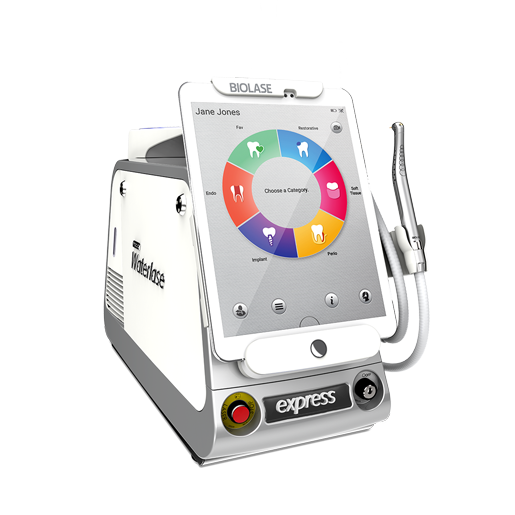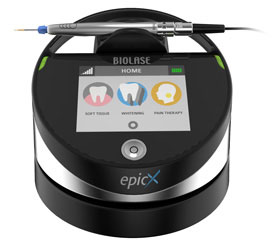At 12 months old, your child has only a few teeth. You may think that he or she is still a few years away from needing to seek dental care and you’re not alone. Recent studies have found that fewer than 1% of infants receive dental care, and many do not see a dentist by their second birthday.
But actually, this is the time to make an appointment!
Dental problems can start in infancy. Children who consume sugary juices or drinks and who use a bottle for prolonged periods of time are particularly susceptible to tooth decay. The sugars and acids can build up and attack baby teeth, causing tooth decay in infants less than a year old.
Infants and toddlers can – and do – get cavities. Cavities in young children can cause feeding, sleeping and behavioral problems. It also puts the child at higher risk of infection. Tooth decay at this stage can have lasting effects on oral health and can increase the need for orthodontic care later on.
Unfortunately, many children do not get the dental care that they need. Visits to the dentist are often not covered by insurance, and low-income families in particular find themselves unable to access a dentist. More attention is being given to this problem as medical professionals see the correlation between early dental care and overall health over time. Hopefully, in the future, access to dental visits will be available to all families so that children will experience the benefits of early dental care.
What can I do to improve my child’s dental care?
It is important to care for your baby’s teeth early on. Even before your baby’s first teeth come in, it is a good idea to clean the gums. One of the advantages of early care is that you get your baby accustomed to oral care. Simply wrap a bit of sterile gauze around the finger and gently wipe off your baby’s gums. There is no need for toothpaste at this point.
As teeth come in, it is time to switch to a soft-bristled toothbrush made just for baby’s mouth. As with adults, brush after every meal. Again, developing this habit early on gets your baby comfortable with oral care, and helps build a habit that will benefit him for a lifetime.
As tempting as it can be to put your baby to sleep with a bottle, think twice. This is one of the most common causes of early childhood tooth decay. The natural sugars found in formula and breast milk will pool in the mouth and around teeth, breeding bacteria that can cause baby teeth to decay. Although baby teeth will fall out and be replaced by permanent adult teeth, premature tooth loss can cause serious oral health problems later, and compromise permanent teeth before they even have a chance to break through.
Limit juices and other sweetened drinks. Infants generally don’t need these liquids, and they are bad for baby’s developing teeth. Just as with older children and adults, sugary snacks contribute to tooth decay, and should be limited. If your child does consume juices or sweetened snacks, it should be done at mealtime, followed with a thorough brushing.
Make your child’s first dentist appointment.
Finally, when your child approaches his first birthday, it is time to schedule a dentist appointment. A dentist who is experienced with young children is often a great resource. During the first visit be sure to ask questions and get advice for oral care for your baby. The dentist will evaluate your baby’s teeth and spot any potential problems. He or she will be able to give you advice regarding fluoride use and the best dental products for your child.
Read also: Lead by Example – Steps to Painless Dentistry for Your Child.
If your child has already started developing his/her first cavity, it is better to find this sooner than later. Although dental procedures on young children can make patients and parents anxious, the sooner it can get taken care of, the better. Today’s dental procedures are more gentle and effective than ever.
Regular dental checkups combined with good oral care that include frequent brushing and flossing is not only a good way to ensure your child’s healthy smile, but also his good overall health. This will carry over into the future with the healthy habits that you have helped to create.



